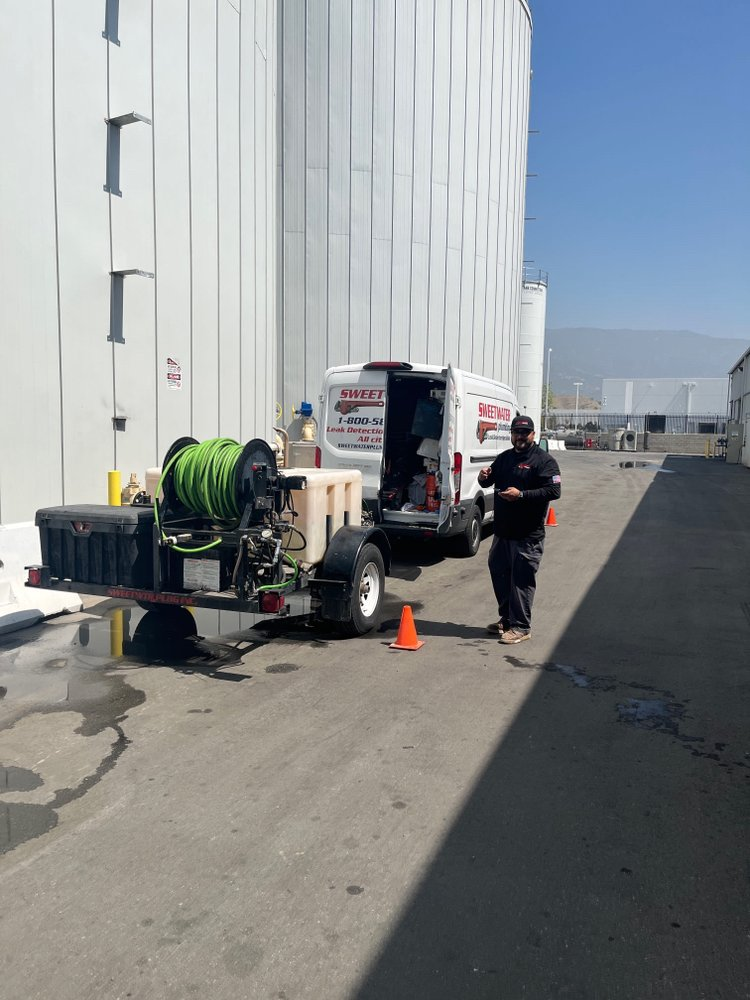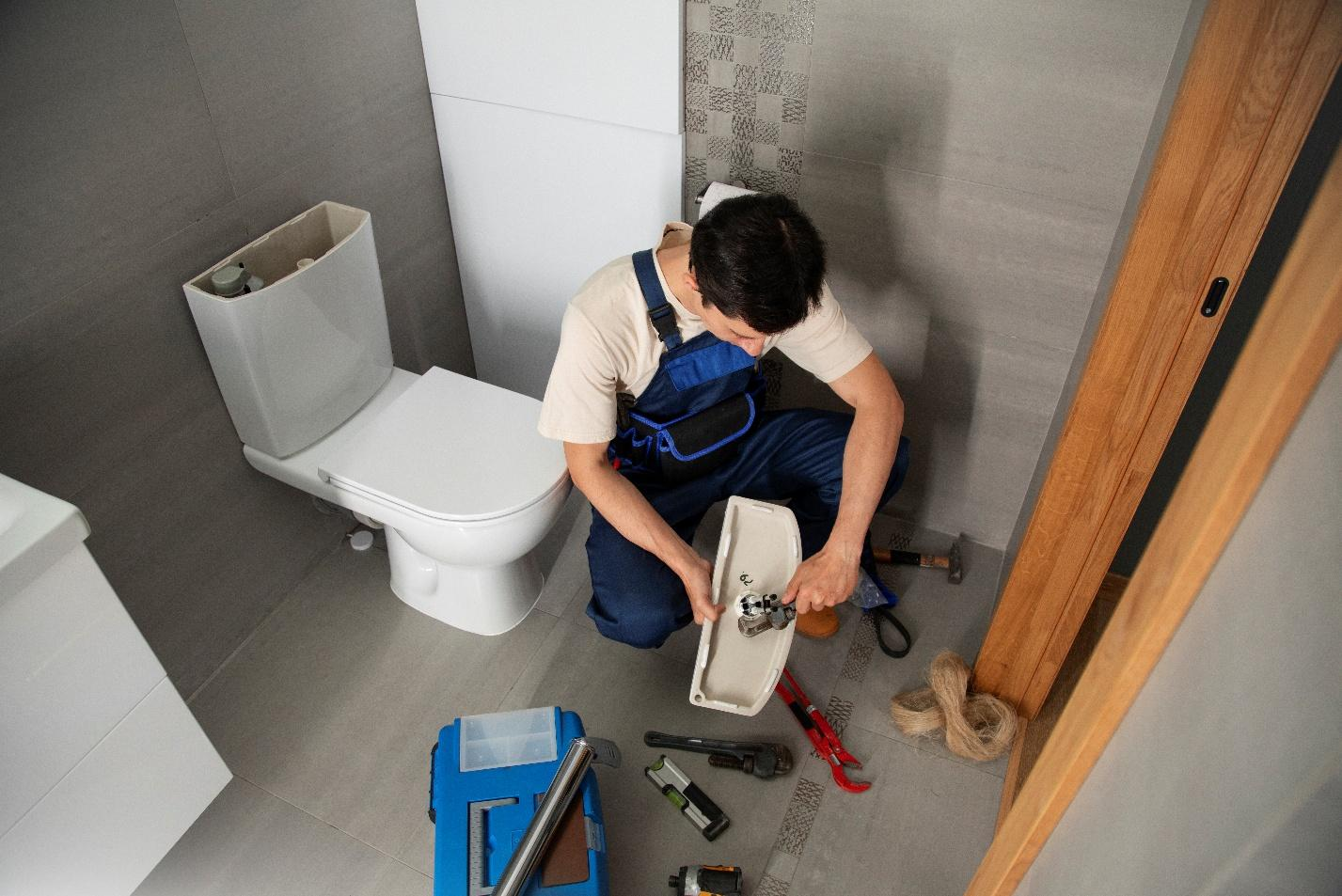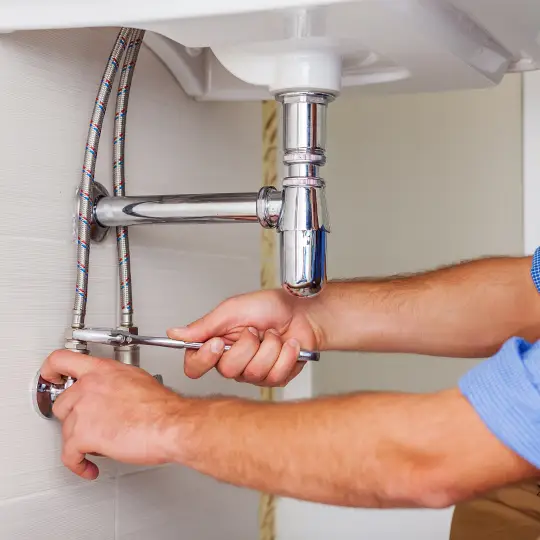Are you tired of cold showers, skyrocketing energy bills, or constant water heater repair headaches? In Rancho Cucamonga’s climate—where summers sizzle and winters bring a chill—having a reliable hot water supply isn’t just a convenience; it’s essential. Whether your unit is nearing the end of its lifespan or you’re simply seeking greater efficiency, this comprehensive guide will walk you through everything you need to know about water heater replacement in Rancho Cucamonga. From understanding when to upgrade to comparing traditional tanks, tankless systems, and hybrid models, you’ll gain the insights needed to make the best choice for your home, budget, and energy goals.
Signs It’s Time to Upgrade Your Water Heater:
Recognizing the warning signs of a failing water heater can save you from inconvenient cold-water surprises and costly emergency calls. Traditional tank units typically last between 8 to 12 years, while tankless models can serve up to 20 years with proper maintenance. If you notice rusty or discolored hot water, frequent leaks around the base of the unit, or strange noises like rumbling and popping, these are clear indicators that sediment buildup or corrosion is compromising performance. Additionally, significant spikes in your energy bills may signal that your aging heater is less efficient—remember, water heating accounts for about 18% of your home’s energy use. When these issues arise, it’s time to consider water heater replacement before a complete system failure disrupts your daily routine.
Evaluating Your Home’s Hot Water Demand Patterns:
Before selecting a new system, map out your household’s daily hot water usage. Track peak times—morning showers, dishwashing, laundry—and note how many fixtures run simultaneously. A five-minute shower under a standard showerhead uses about 10 gallons of water, while a dishwasher cycle can draw 4–6 gallons. If multiple family members shower back-to-back or if you run high-efficiency appliances, you may need a higher flow rate or larger storage. Understanding these usage rhythms helps you choose a water heater that won’t leave anyone waiting for hot water. Accuracy here ensures comfort and prevents oversizing, which wastes energy and money.
Integrating Smart Controls and Monitoring:
Modern water heaters can do more than simply heat water—they can optimize energy use through smart technology. Wi-Fi–enabled thermostats and sensors collect real-time data on your consumption habits, allowing you to schedule heating during off-peak hours when electricity rates are lower. Alerts notify you of leaks or unusual temperature fluctuations before they become costly repairs. Some systems even learn your family’s routines, pre-heating water in advance of typical usage windows. By combining a new unit with advanced monitoring, you gain both convenience and potential energy savings, empowering you to manage comfort while reducing your environmental footprint.
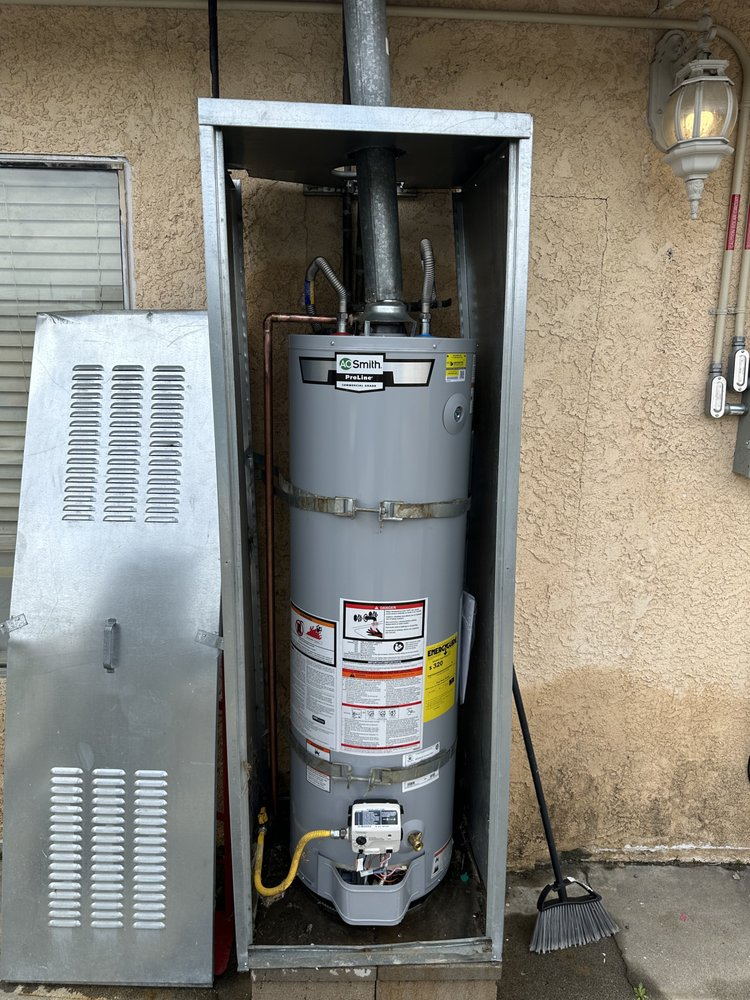
Upgrading Ancillary Components for Longevity:
A successful water heater replacement isn’t just about the tank or heat exchanger—it’s also about the supporting hardware. Consider installing a thermal expansion tank to protect against pressure buildup, or upgrading to a corrosion-resistant mixing valve that balances incoming cold water and outgoing hot water to prevent scalding. High-quality dielectric unions inhibit electrolysis between dissimilar metals, extending the lifespan of connections. Insulating the first six feet of hot and cold supply lines further reduces heat loss. Investing in these peripherals during installation reduces future service calls and ensures your new water heater operates reliably throughout its warranty period.
Weighing Traditional Tank Water Heaters:
Conventional storage-tank water heaters remain the most common choice for homeowners due to their lower upfront cost and familiarity. These models store and heat a large volume of water—typically 40 to 60 gallons—ready for use throughout the day. On average, tank units last between 8 to 12 years, though regular maintenance like annual flushing can extend their lifespan by reducing sediment accumulation. However, they also come with higher standby energy losses, as the heater continually reheats stored water even when no one is using it. If you’re replacing an old tank or installing a new one, ensure your water heater installation team in Rancho Cucamonga checks for proper insulation and ventilation, and installs a temperature-pressure relief valve to guarantee safety and efficiency.
Exploring Tankless Water Heaters:
For Rancho Cucamonga homeowners seeking on-demand hot water and lower energy expenses, tankless systems—also known as demand-type water heaters—offer compelling advantages. Unlike tanks, these units heat water only as it passes through a heat exchanger, effectively eliminating standby heat loss. According to the Department of Energy, tankless water heater repair may be needed less frequently, as these systems can operate more efficiently, reducing the workload on heating elements or burners. Tankless heaters typically last up to 20 years, nearly double the life of most tanks, and can deliver an endless supply of hot water—ideal for homes with high hot-water demand. However, they require a higher upfront investment and may need to upgrade gas lines or electric service, so factor these costs into your decision.
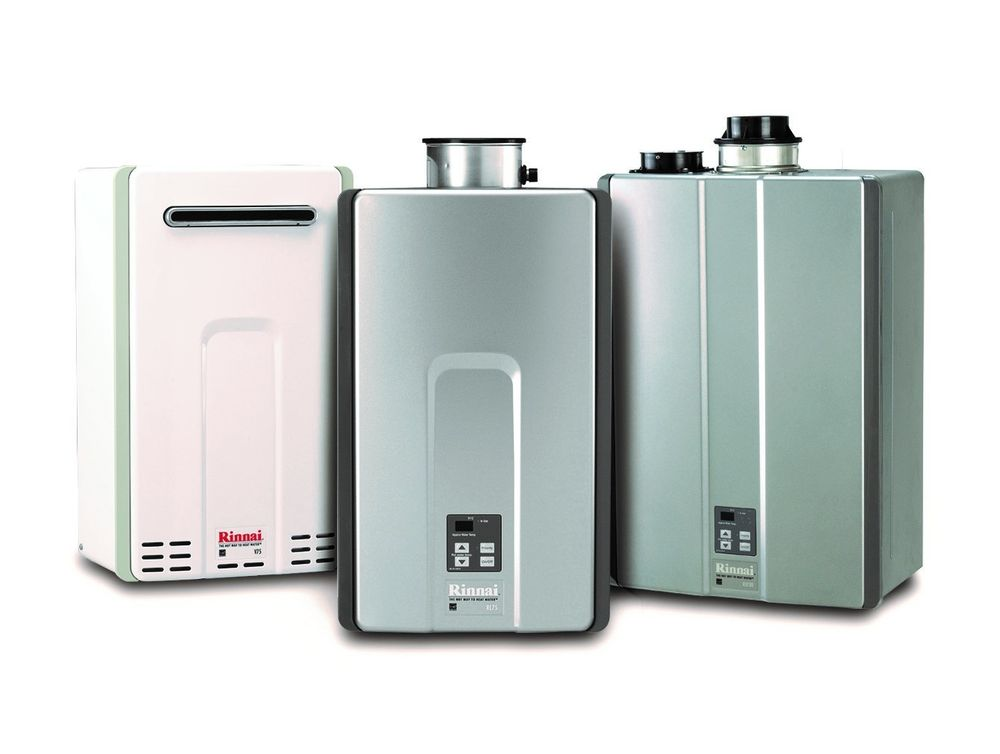
Hybrid Models: The Best of Both Worlds
Hybrid heat pump water heaters combine elements of both tank and tankless technologies, offering impressive efficiency gains. These units use electricity to move heat from the surrounding air into the water, rather than generating heat directly, achieving energy savings of up to 70% compared to standard electric models. For a typical household of four, this can translate to around $550 in annual savings and over $5,600 over the unit’s lifetime. While the initial cost is higher than traditional tanks, many manufacturers offer rebates or federal tax credits for ENERGY STAR® certified models. Hybrid systems still use a storage tank—usually between 50 and 80 gallons—so you get both a reservoir of hot water and remarkable operating efficiency.
Installation Tips for a Smooth Upgrade:
Whether you choose a tank, tankless, or hybrid model, proper installation is critical to ensuring safe and efficient operation. Always hire licensed professionals for water heater installation. They’ll verify that your home’s gas, electric, or ventilation systems meet local building codes and manufacturer specifications. In Rancho Cucamonga’s varied climate, positioning the unit in a well-ventilated area—such as a utility closet or garage—is essential, especially for gas-fired or heat pump models. Insulating hot water pipes and the heater’s exterior can reduce heat loss and further lower energy costs. Finally, confirm that the new thermostat is set no higher than 120°F to prevent scalding, save energy, and comply with safety standards.
Breaking Down the Costs:
Understanding the financial investment involved in water heater replacement in Rancho Cucamonga helps you budget wisely. Traditional tank water heaters generally cost between $800 and $1,500 installed, depending on capacity and fuel type. Tankless systems can range from $1,200 to $3,500 or more, including any required electrical or gas line upgrades. Hybrid heat pump units typically fall in the $1,500 to $3,000 bracket, though rebates and incentives can offset these expenses. Keep in mind that labor rates in Rancho Cucamonga average $50 to $100 per hour for qualified plumbers, and installation times vary from two to eight hours based on complexity. While tankless and hybrid units carry higher upfront costs, their reduced operating expenses often lead to a payback period of three to seven years through lower energy bills.
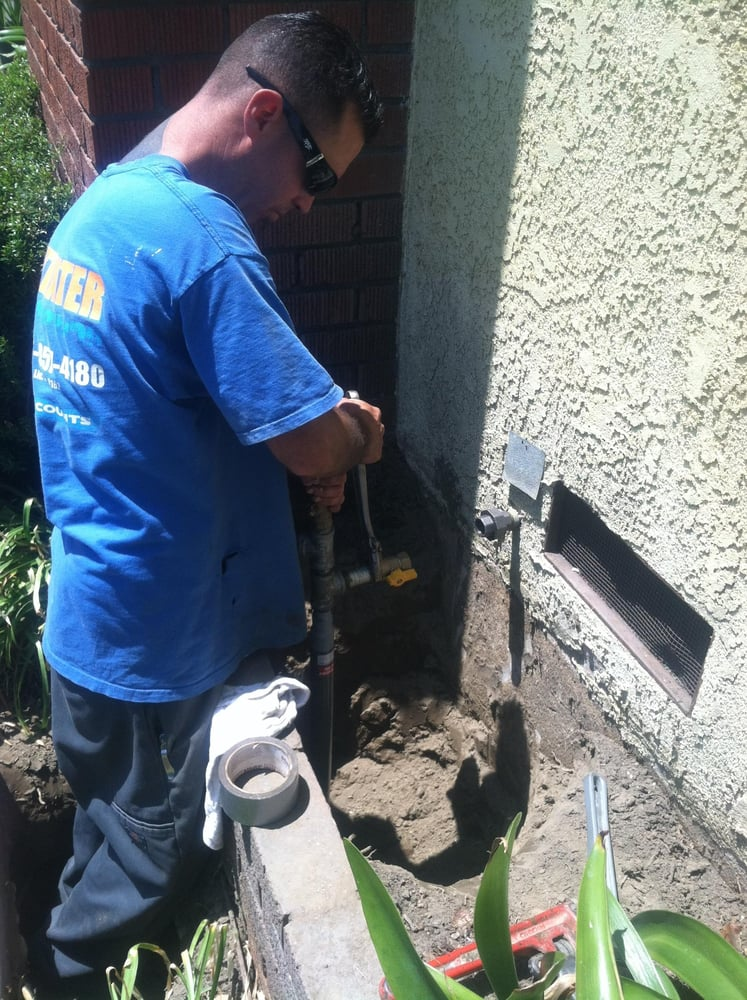
Calculating Energy Savings:
When comparing options, consider the annual operating costs: a standard electric tank heater might cost around $400 per year to run, whereas a hybrid model could cost as little as $150, saving roughly $250 annually. Tankless gas heaters are approximately 24–34% more efficient than tank units for homes using under 41 gallons of hot water daily, potentially cutting energy bills by hundreds of dollars each year. Over a decade, these savings compound—so a higher initial investment in efficiency can translate into substantial long-term benefits both financially and environmentally.
Maintenance to Maximize Lifespan:
Regardless of the type, routine water heater service is key to extending your system’s life. Flushing tank units annually helps remove sediment that can corrode the tank bottom and impede heat transfer. For tankless water heater repair, periodic descaling is critical if you have hard water, as mineral deposits can restrict flow and reduce efficiency. Hybrid units should have their air intake filters cleaned every few months and receive annual inspections of electrical components. Scheduling professional maintenance can detect minor issues before they escalate, saving you from costly breakdowns and ensuring consistent hot water.
Environmental and Community Benefits:
Upgrading to a more efficient heater isn’t just good for your wallet—it’s better for the planet and the Rancho Cucamonga community. Water heating constitutes about 18% of residential energy use nationwide, making it the second-largest energy expense in most homes. By choosing high-efficiency models, you reduce greenhouse gas emissions, lessen strain on the local power grid, and contribute to cleaner air. Many utilities and government programs offer rebates or financing options for ENERGY STAR-certified heaters, making eco-friendly choices even more accessible.
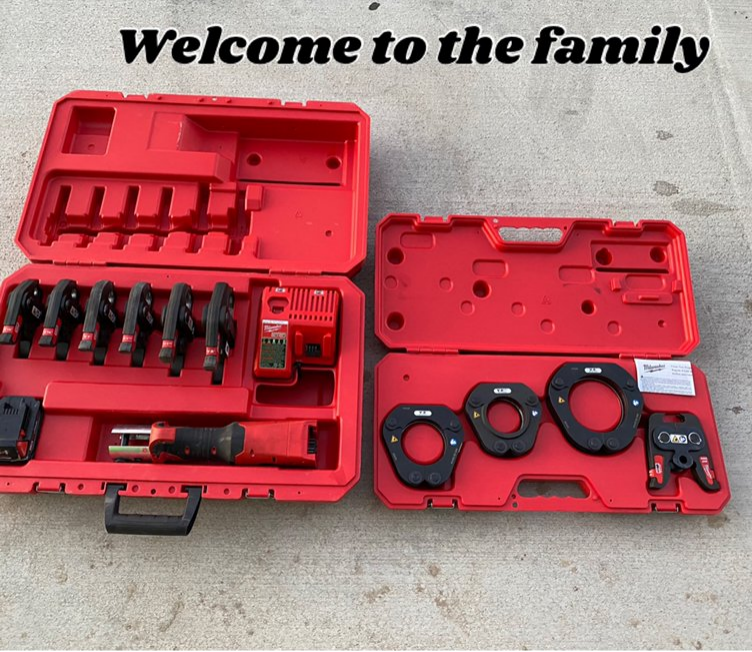
Selecting the Right Contractor:
Finding a trustworthy plumbing professional ensures your water heater replacement goes smoothly. Look for licensed, insured plumbers with specific experience in tankless and hybrid systems. Ask for references, read online reviews, and verify that they offer warranty-backed workmanship. A qualified contractor will assess your home’s unique requirements—like existing gas line capacity, electrical panel load, and space constraints—and recommend the best solution, whether it’s a traditional tank, a high-efficiency hybrid, or an on-demand tankless model.
Financing and Incentives:
To ease the financial burden of installing a high-end system, explore the incentives available in Rancho Cucamonga. Southern California Edison and SoCalGas often provide rebates for ENERGY STAR-certified water heaters. Additionally, federal tax credits up to 30% of the unit cost may apply to qualifying heat pump water heaters. Many plumbing companies, including Sweetwater Plumbing, also offer financing plans with low or no interest for qualified homeowners. Combining rebates, tax credits, and financing can significantly reduce out-of-pocket expenses and accelerate your return on investment.
Final Considerations and Next Steps:
Upgrading your water heater is a significant home improvement decision that requires balancing upfront costs, long-term savings, maintenance needs, and environmental impact. Whether you opt for the simplicity of a storage tank, the endless supply of a tankless unit, or the energy efficiency of a hybrid system, the most important step is planning and professional installation. By staying informed on current technologies and costs, you’ll ensure a seamless transition and enjoy reliable hot water for years to come.
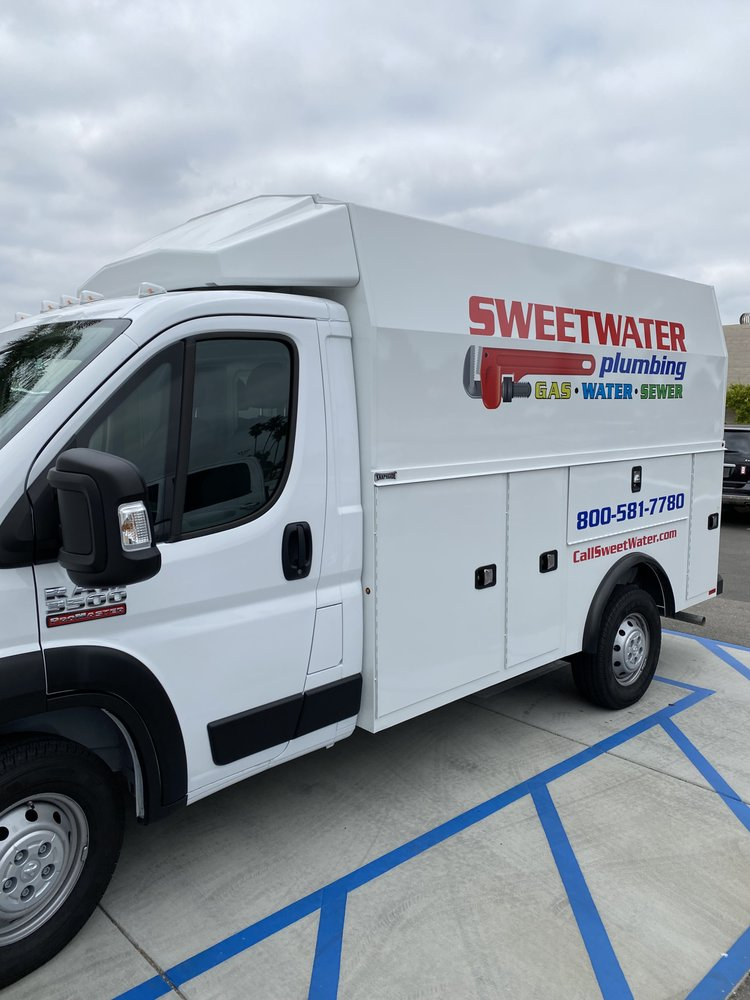
To learn more about options, receive a personalized estimate, or schedule a professional consultation, reach out to Sweetwater Plumbing. Our team understands the importance of having a skilled plumber on hand to address any problem, whether it’s a leak or installing a new water heater. Our team of experienced plumbers offers a comprehensive range of water heater services to meet all your residential plumbing needs, including water heater replacement Ontario CA, water heater repair Rancho Cucamonga, water heater replacement Rancho Cucamonga, water heater repair Riverside, water heater repair Pomona, water heater Installation Pomona, water heater repair Chino, and water heater repair Upland.
Call us now or schedule your service online for peace of mind and lasting comfort!

